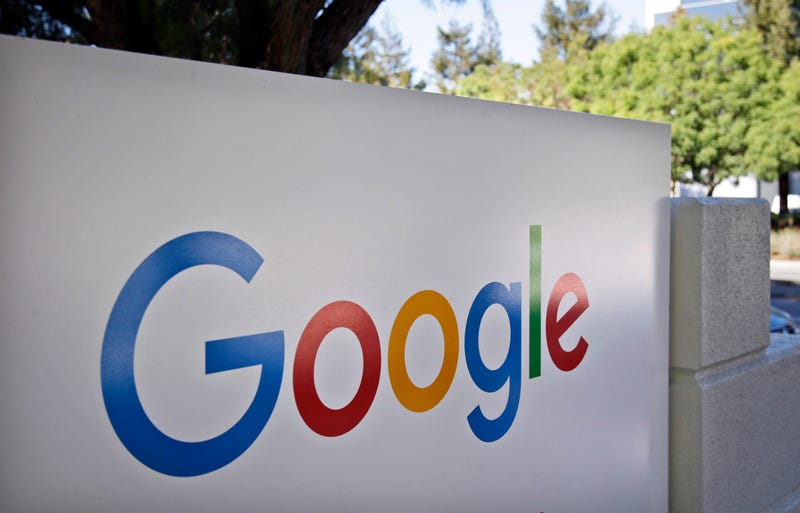
Google simply won a noteworthy court fight with programming mammoth Oracle over Google's utilization of components of Oracle's Java programming dialect. On the off chance that Google had lost, it could have held real implications for the routes in which all product is created. Gracious, and Google would have needed to hack up $9 billion in harms.
For the time being, the central standards of how coders make programming will finish what has been started. That is, obviously, unless Oracle wins an offer. We should investigate how we arrived, and what precisely was in question.
The imbroglio started when Google utilized Java"APIs" in an early form of its Android working framework. APIs (Application Programming Interfaces) are only an arrangement of code guidelines that encourage correspondence between various bits of programming. Suppose you opened the begin menu on your PC, and tapped on the iTunes symbol. An API is the component of code that is called to run code to begin the iTunes program.
Prophet initially sued in 2010, contending that when Google created Android, it damaged copyrights that Oracle held as the proprietor of the Java programming dialect. (Prophet purchased Sun Microsystems, the maker of Java, prior that year for $7.4 Billion.) In 2012, the decision descended. A California judge couldn't help contradicting Oracle. "APIs" shouldn't be liable to copyright. Google won.
Prophet claimed the 2012 decision, and a Federal Circuit Court switched the decision of the California judge, saying that APIs ought to be copyrightable. In any case, there was still seek after Google, as the court administering gave Google a way to contend that its utilization of Java in Android was secured under Fair Use. Today, a California jury found that the APIs Google utilized were secured under Fair Use, legitimately fortifying an ordinarily acknowledged practice among software engineers.
On the off chance that the decision had gone the other way, it would have opened Pandora's Box for programming designers. It's not clear precisely what might have happened, but rather it could have had dchilling impact on the very standards of how current code is composed with connection to APIs, which are utilized pervasively and as a standard. Essentially: It would have been a major ordeal.
Until further notice, software engineers and the general population who utilize their manifestations can sit back and relax. In any case, on account of the enchantment of the American court framework, Oracle still has space to offer. This isn't over just yet, yet it's a truly decent sign.
No Comment to " Google Dodges $9 Billion Bullet "